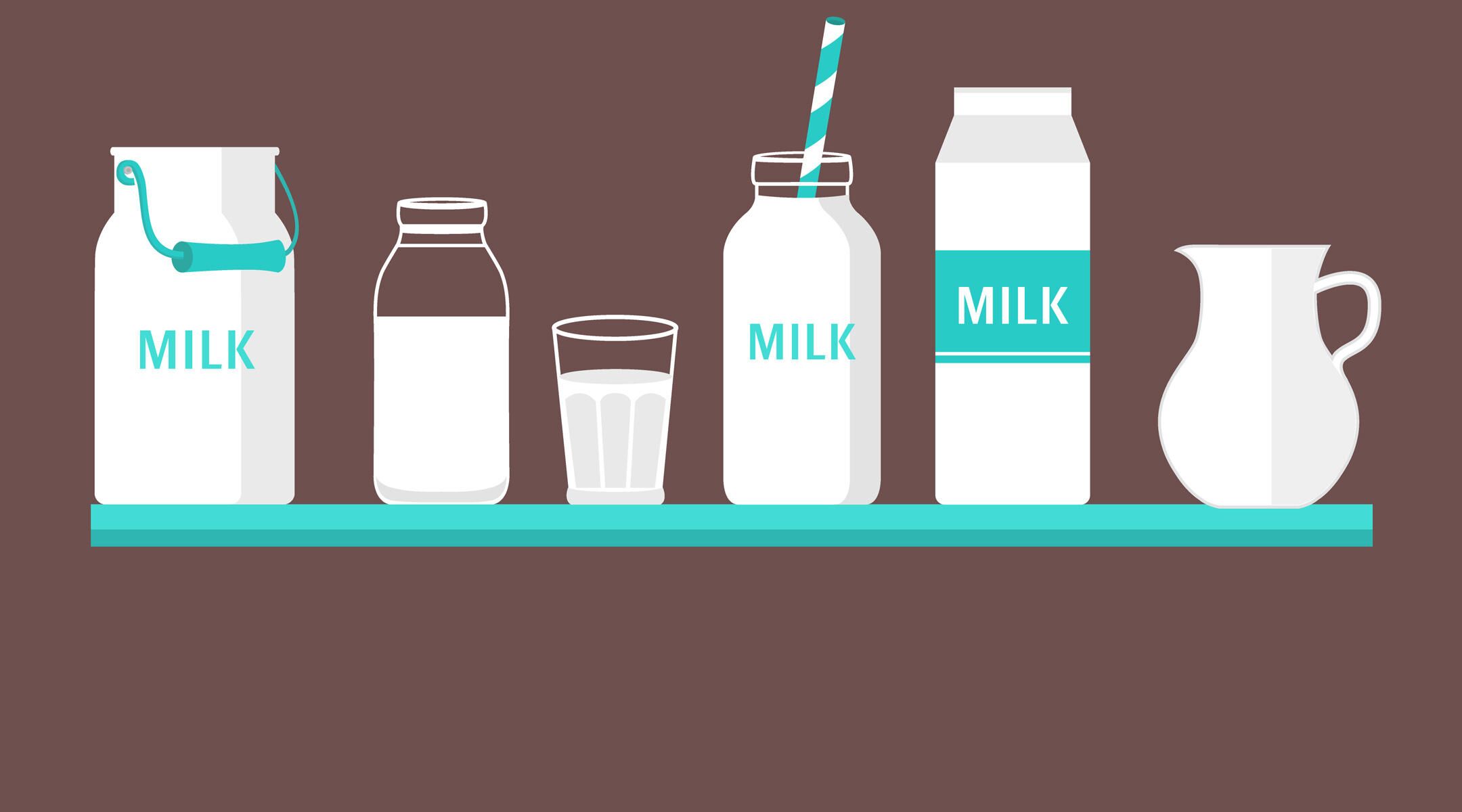Lactose Intolerance In Pregnancy Symptoms
Those affected vary in the amount of lactose they can tolerate before symptoms develop.
Lactose intolerance in pregnancy symptoms. Lactose intolerance is just one of many things that can cause these symptoms. These symptoms which can range from mild to severe can include wind diarrhoea bloating stomach pain and nausea. Lactose intolerance is not considered to be a major complication and the best way to cope with intolerance is to keep away from dairy products as far as possiblel however pregnancy induced lactose intolerance could pose a problem as both the mother and the developing baby require the calcium which milk provides in adequate quantitiese since drinking milk could result in more harm than good. It can be hard to reach the recommended pregnancy intake of 1 200 mg of calcium per day without eating or drinking dairy so many pregnant women who are lactose intolerant take calcium supplements.
The symptoms of lactose intolerance most usually develop within a few hours of consuming food or drink that contains lactose. The symptoms of lactose intolerance include. The institute of medicine recommends 1 000 milligrams of calcium a day during pregnancy. Lactose intolerance is when a person has symptoms due to a decreased ability to digest lactose a sugar found in dairy products.
People with lactose intolerance are unable to fully digest the sugar lactose in milk. The condition which is also called lactose malabsorption is usually harmless but its symptoms can be uncomfortable. Symptoms may include abdominal pain bloating diarrhea gas and nausea. These symptoms typically start thirty minutes to two hours after eating or drinking milk based food.
Being lactose intolerant just means you don t make enough of a certain enzyme that helps your body break down sugar. Because pregnancy changes the rate at which your digestive tract processes food you may experience symptoms that lead you to believe you ve become lactose intolerant. During pregnancy women often notice a variety of digestive sensations and discomforts. In some cases pregnancy symptoms may get confused with lactose intolerance because nausea vomiting and cramping are the common side effects of pregnancy too.
Your doctor may like you conduct a blood sugar test to make the correct diagnosis. Bloating cramps diarrhea painful gas nausea. As a result even if you re normally lactose intolerant you might be able to drink milk and eat other dairy products without discomfort. Calcium helps build your baby s bones and teeth.

